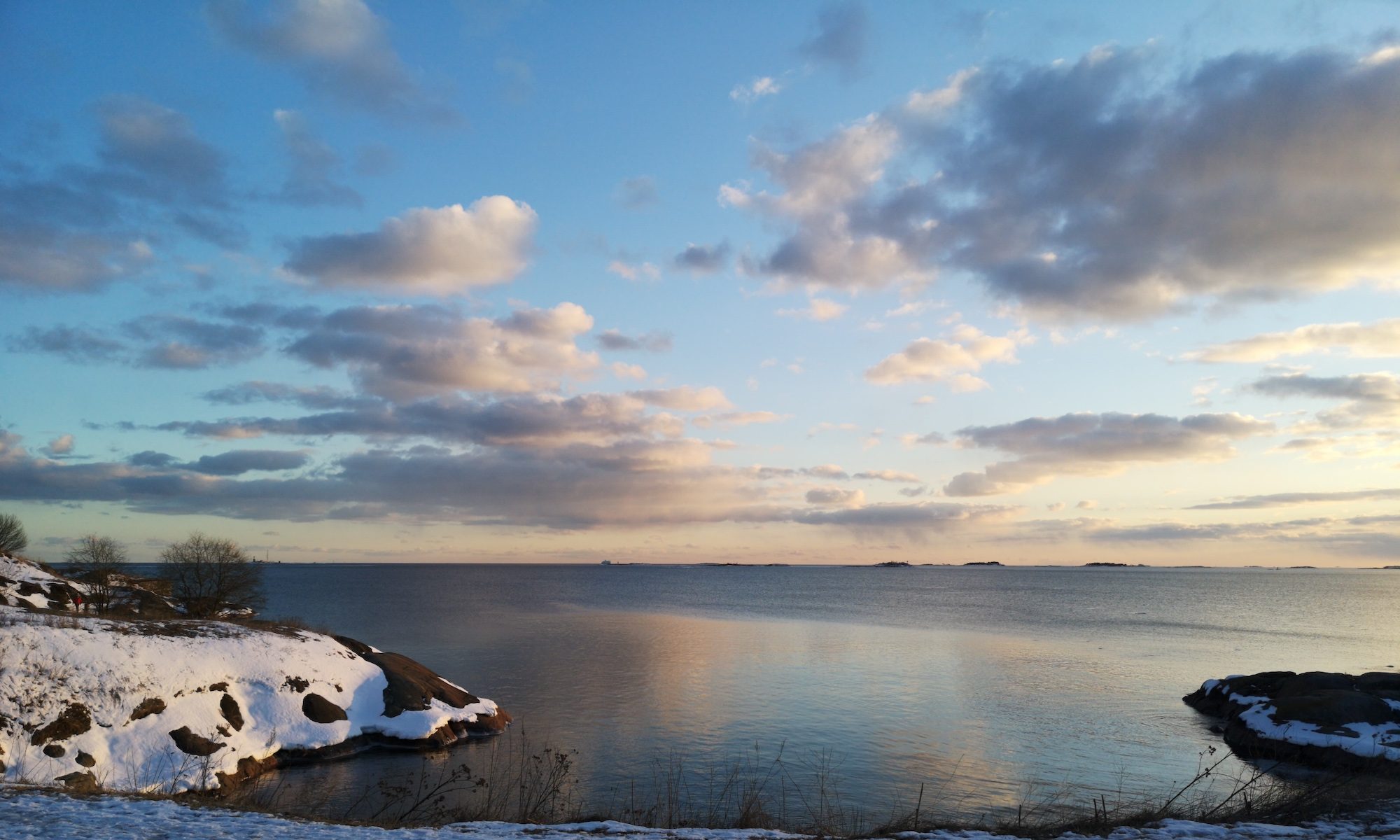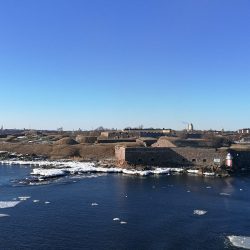World Heritage is a platform for the development of new approaches to demonstrate the relevance of heritage for sustainability. The influence of human activity on all dimensions of sustainability becomes obvious when World Heritage sites become learning environments. Therefore, World Heritage sites act as bridges to learning. Integrating sustainability into World Heritage processes encompasses capacity building across a wide range of fields.
With sustainability as the focus, phenomenon-based learning as an approach and World Heritage as both goal and learning environment, Sustainable World Heritage Learning through a Phenomenon-based Approach (SveaSus) is a unique teaching and learning experiment at the Faculty of Education at the University of Helsinki. Through the phenomena ecologic, economic, social and cultural sustainability issues related to place, and to different temporalities are in focus for learning and educational development.
Project aim
The overall aim of the SveaSus project is to contribute to sustainable societal transformation by means of inter- and transdisciplinary research and education. In this way, SveaSus aims to strengthen student teachers’, in-service-teachers’ and teacher educators’ understanding of sustainability issues and encourage joint action towards a more sustainable future.
The project co-creates knowledge through research, experiments, living labs and best practices for educational policy, the private sector and society, especially teacher education and schools. The project team members, who are themselves teacher educators, answer to the call to take action in order to manage the complex and urgent sustainability dilemmas in the Anthropocene epoch with climate change being a serious threat.
Project activities
The learning activities of SveaSus aim to:
- Introduce sustainability-related themes into teacher education drawing from the fields of climate justice, climate racism, intersectionality and global education.
- Further explore the process of establishing a safer space, in which the group members’ relationships and ties grow and in which community values are jointly shaped. The study of group work will take place in real-life learning environments (mainly on Suomenlinna island) as well as online.
- Open up opportunities for students to co-teach with lecturers, artists and performers and, thus to cross boundaries by trying out alternative ways of participatory learning.
- Innovate teacher education by introducing embodied learning and art-based methods in sustainability education.
- Strengthen the multilingual/cultural basis of the project. The linguistic repertoire of SveaSus formed a pluralistic plateau with participants — students, lecturers, researchers, artists and performers fluent in more than two or three languages since spring 2021.

